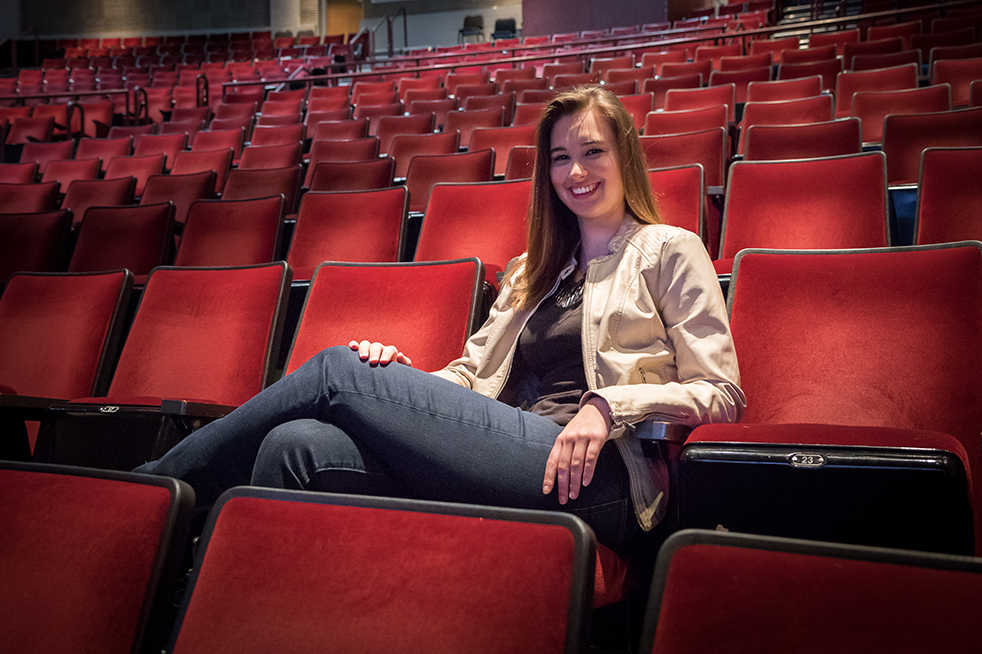What binds us as a people and as a nation is a combined experience, a common picture of today’s events. The source of those experiences is largely based on what is reported by journalists. The accurate depiction of events and the credibility of the sources are relied upon by our nation to gain knowledge, formulate opinions and to make sound judgements. What happens when that very foundation that we rely upon begins to crumble?
We are a democratic society, and as such, journalism has played a historical role in keeping citizens informed so that we can make our own judgement as to what is in our and the public’s best interest. It gives us a voice and spotlights inequalities. Most importantly, it has been crucial in the development of democracy by acting as checks and balances of our own government and by providing information on world events.
It is imperative to our freedom to be able to discern the facts and to be able to make well-informed decisions. How can we do that when journalism is changing, and not for the better?
Why am I so cynical? I guess it began when I read an article about the Killian documents controversy. On the news show, “60 Minutes,” Dan Rather presented documents, purportedly factual, that were derogatory of President George W. Bush’s service in the Air National Guard. It was later determined that the documents were never authenticated and deemed to be untrue. The report aired two months prior to the election. Whether done to influence an election or an act poor journalism was never determined.
Then there is the case of Jayson Blair, who resigned from “The New York Times” after an investigation found that he plagiarized and fabricated a number of articles. Ironically, he left to return to college with aspirations of going into politics.
In the footsteps of Blair came Jack Kelley, a reporter for USA Today, who blatantly committed fraud in his international news reports. He went so far as to report on a black notebook, which was never produced, that allegedly contained orders by the Yugoslav army to commit genocide of a village near Kosovo. He also wrote transcripts for sources he never met or interviewed.
Even worse is the apparent influence of politicians on the media. As reported by the Washington Post, just a few short days after Dr. Drew stated on a radio show that he was “gravely concerned” about Hillary Clinton’s health and health care, he was fired from his show on HLN.David Seaman, a longtime reporter for The Huffington Post, claims that after a second article questioning Clinton’s health, he was fired and his articles removed from the website. Seaman even went so far as to infer that he was afraid for his life.
Weekly Standard editor Daniel Halper claims in his book, “Clinton Inc.,” that the Clintons lobbied General Electric, former parent company of MSNBC, to fire David Shuster for reporting that Chelsea Clinton was being “pimped out” by Hillary Clinton during her presidential campaign in 2008.
“Finally, [the campaign] sent a message to the media: You may like Obama more than Hillary, but you’d better watch what you say because we have the power to destroy you,” Halper wrote.
In additional to these extraordinary examples, there is also the general acceptance that the media is no longer unbiased. CNN is too far left. FOX News is too far right. Too many journalists are knowingly — and unabashedly — advocacy journalists.
A survey conducted by the PEW Research Center in 2010 found that “the majority of news executives believe that the Internet is altering basic journalistic ethics, and more often in ways they find worrisome.
“When asked to explain what they meant, majorities of both groups appeared most worried about loosening standards (62 percent of newspaper executives and 67 percent among broadcasters), and the bulk of these responses referred to a decline in accuracy, a lessening of fact-checking and more unsourced reporting,” the survey continued in its report of the data collected.
So, what is the solution? First, we need to give credit to those journalists who are ethical and honest. To do that requires due diligence on the part of you and me, the consumers. We have to be incumbent upon ourselves to know the difference between gossip media and true journalism. We owe it to ourselves to do the research and listen to an array of newscasts. And even when you think you know what the answer is, question it.
